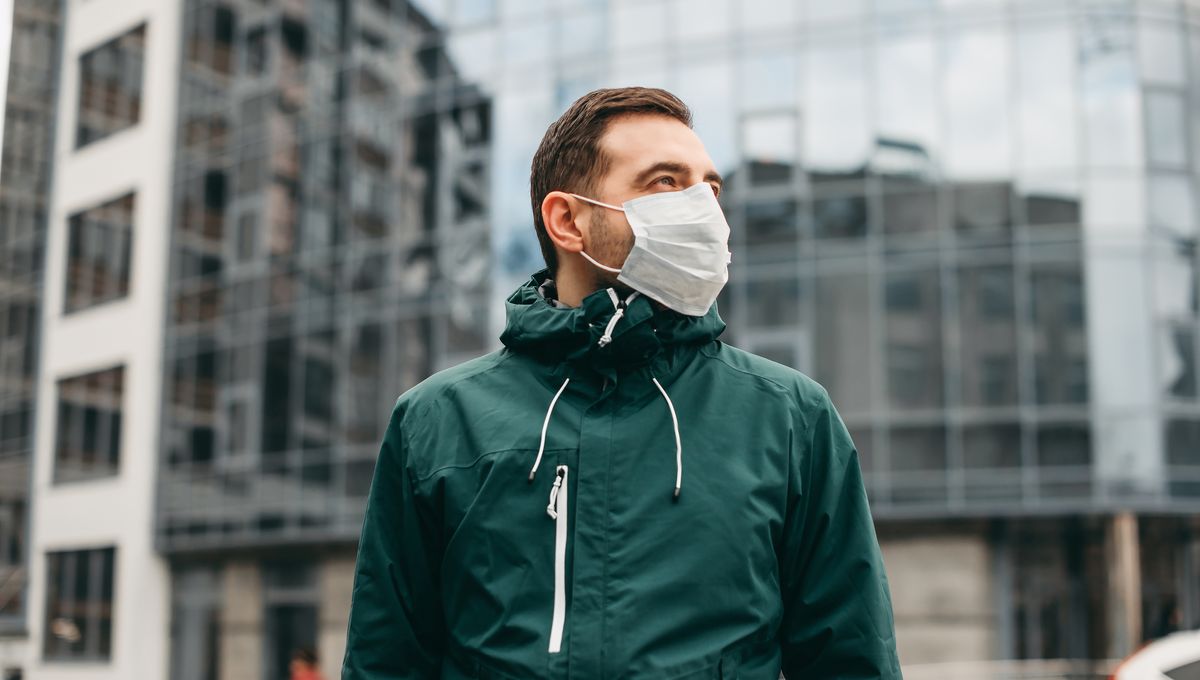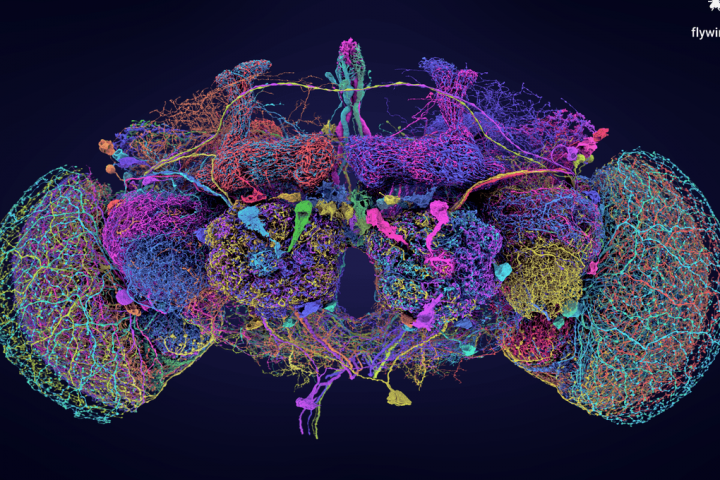The aim of the report was to assess the effectiveness of non-pharmaceutical interventions during the pandemic by gathering evidence from researchers worldwide.
This comprehensive report examined six groups of interventions, including masks and face coverings, social distancing and lockdowns, test and trace initiatives, international travel restrictions, environmental controls, and communications.
While individual interventions showed limited success when used alone, the report revealed that combining them had a much more significant positive impact. It also emphasized the importance of implementing these interventions when transmission levels are low, highlighting the need to limit infections during the early stages of a pandemic or during resurgences.
The report’s executive summary states, “NPIs were more effective when the case numbers and transmission intensity of SARS-CoV-2 were lower, as the risk of infection is proportional to the number of cases in the community.”
The report also found that the effectiveness of measures depended on their stringency. For example, respirator masks were more effective than surgical masks, and mandated use was more successful than voluntary wearing. Additionally, longer and stricter quarantine measures proved to be more effective.
Social distancing measures were identified as the most effective non-pharmaceutical intervention, particularly for vulnerable groups like the elderly. Restrictions on visitors and grouping staff and residents in care homes were effective in reducing outbreaks and transmission.
In the context of schools, closures and social distancing measures were associated with lower COVID cases, but their effectiveness varied based on adherence and the age group of the students.
Track, trace, and isolate approaches were found to be effective, especially when countries aimed for a “zero-COVID” policy. The UK’s track and tracing app experiment on the Isle of Wight resulted in a substantial reduction in transmission levels.
Interestingly, certain border procedures like temperature screening had no meaningful effect on reducing virus importation and transmission. However, countries with stricter quarantine-at-entry policies had higher success rates.
The Royal Society’s report provides valuable insights into pandemic responses and offers important lessons for future COVID-19 resurgences and preparations for unknown diseases. It is a crucial resource for being prepared and proactive.
You can view the full report here.








